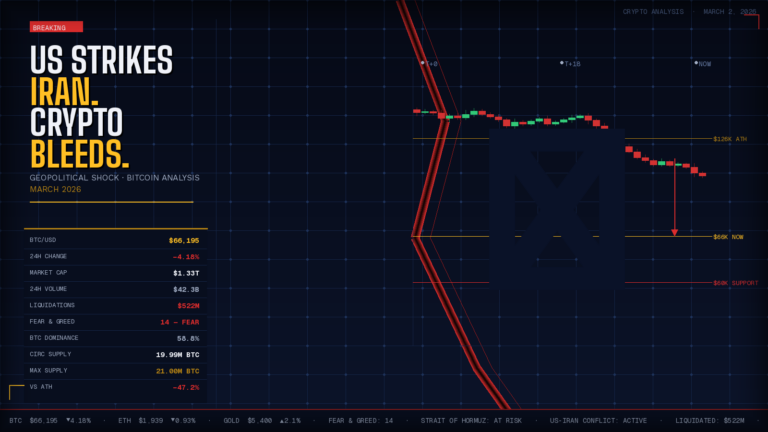key takeaways:
- The European Union announced a new Web 4.0 strategy on July 11.
- The strategy intends to empower people and strengthen skills, as well as to support enterprises and virtual public services.
In a bold move to solidify its position as a technology powerhouse, the European Union (EU) has announced its ambitious Web 4.0 strategy. With this new initiative, the EU aims to take a leading role in shaping the future of the internet and secure its position as a global leader in the digital realm.
This strategy marks a significant milestone in the EU’s quest for technological advancement and innovation.
The European Commission (EC) recently issued a press release outlining its strategies and initiatives to enhance the European Union’s involvement in the realm of Web4 technologies. The goal is to create virtual worlds and web platforms that embody EU values and principles.
This endeavour is supported by two main projects: CitiVerse, an immersive urban environment that aims to revolutionise city planning and management, and the European Virtual Human Twin, which aims to produce a digital clone of the human body to advance medical treatments and illness management.
Thierry Breton, the commissioner for the EU’s internal market, emphasized the importance of investing in emerging technologies, promoting their adoption and expansion, and equipping individuals with the necessary tools and skills to engage with virtual worlds safely and confidently.
However, while the announcement holds great promise, no specific details have been provided to elucidate how these various technological components will be integrated to bring this innovative concept to life.
What is known is that the European Commission, building upon its recent approval of MiCA (Market in Crypto Assets) in April, which opened doors for cryptocurrencies and blockchain, aims to go even further in its efforts to compete with the technological advancements coming out of the United States.
The European Commission acknowledged that the majority of innovation in the Metaverse space currently takes place in the United States, China, and South Korea. In contrast, the EU lacks tech giants that can spearhead significant investments in the development of virtual worlds in the coming decade.
While Europe’s AR/VR market primarily centers around gaming, media, and entertainment, there is ample potential for expansion into various sectors such as retail, healthcare, military and defense, and manufacturing.










